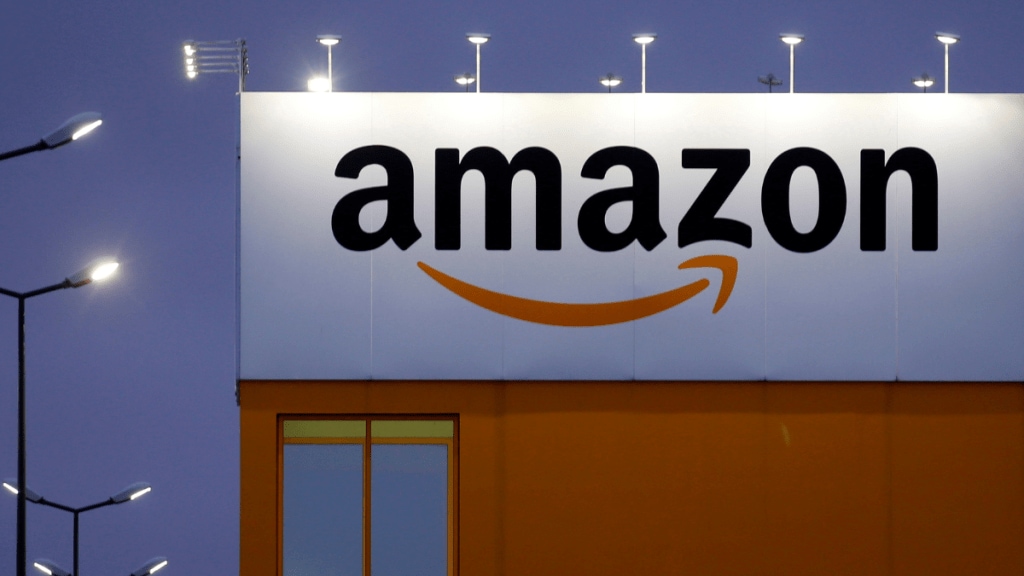Imagine getting help for your Amazon shopping from a chatbot that’s trained on the e-tailer’s extensive product catalogue. Well, now you can, thanks to Rufus, a generative AI-powered shopping assistant that’s specifically built for Amazon customers. The conversational search capability, currently available in the US, works much like ChatGPT; the AI-enabled technology is capable of having text conversations with users, providing them with personalised information while maintaining context, so shoppers can ask follow-up questions.
In recent months, Amazon has introduced a number of new generative AI-powered capabilities in Amazon’s store to make shopping easier and more convenient. Its AI-generated review highlights provide customers with common themes from dozens, hundreds, or even thousands of reviews at a glance to help them quickly understand customer insights. Amazon has recently introduced its Fit Review Highlights feature, which offers personalised size guidance and insights so customers can determine which size will fit them best. It is also using generative AI to make product listings even more informative for customers by helping its selling partners write more engaging and effective titles and product descriptions, and enrich existing listings.
“It’s no illusion that generative AI is everywhere. It is the next wave of widespread adoption of deep machine learning (ML), with the opportunity to reinvent customer experiences,” said Rajeev Rastogi, vice-president, Machine Learning, Amazon. The company has been using AI and ML expansively in recent years to improve customer experiences. The scalable technologies have allowed Amazon to optimise specifically for India. “Amazon uses AI and ML to validate customer addresses, compute address quality scores, label addresses as residential or commercial, fix city pin code mismatches, and provide suggestions to users to rectify wrong addresses amongst others,” said Rastogi, adding, this has helped the delivery personnel save hundreds of hours of searching for addresses and keep up on time delivery promises.
“Amazon leverages both in-house and open source technologies to accomplish some of the generative AI applications,” said Rastogi. The company leverages large language models (LLMs), a type of machine learning model specifically trained on large amounts of data that can recognise, summarise, translate, predict, and generate text and other content, to build comprehensive product descriptions.
According to Rastogi, Amazon has billions of products globally and India as a market has hundreds of millions of products listed “With large product catalogues like ours, data quality can sometimes be an issue. We have strong data and machine learning scientists within Amazon who are focused on tackling data quality challenges,” he added.

